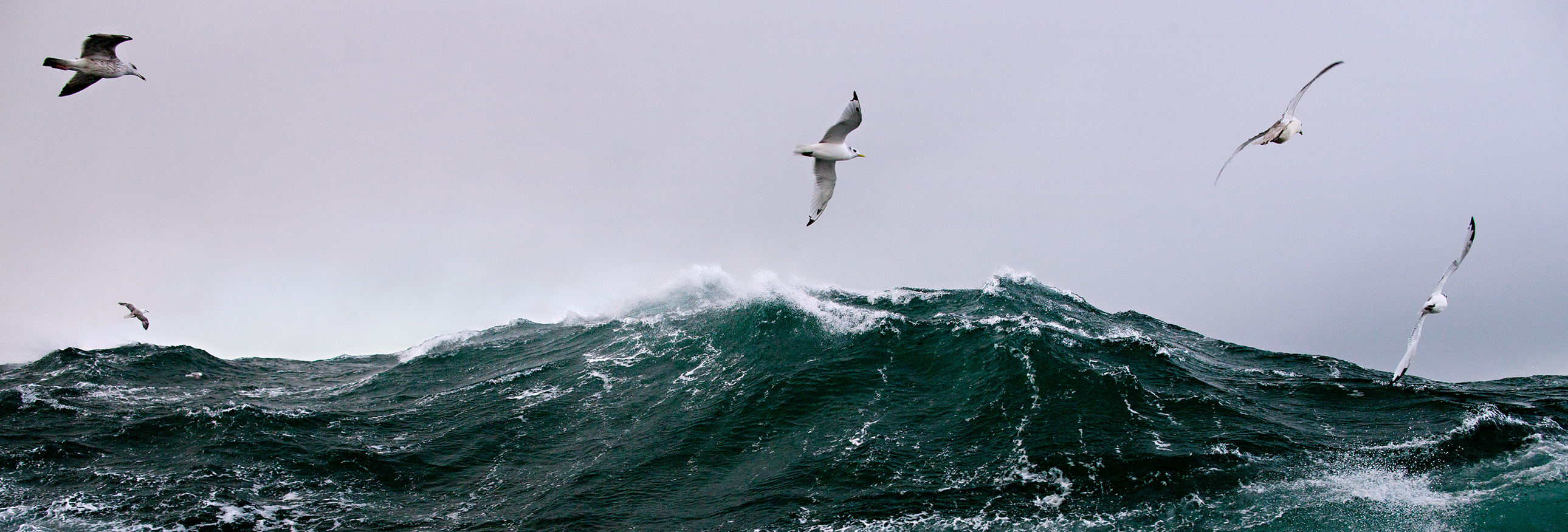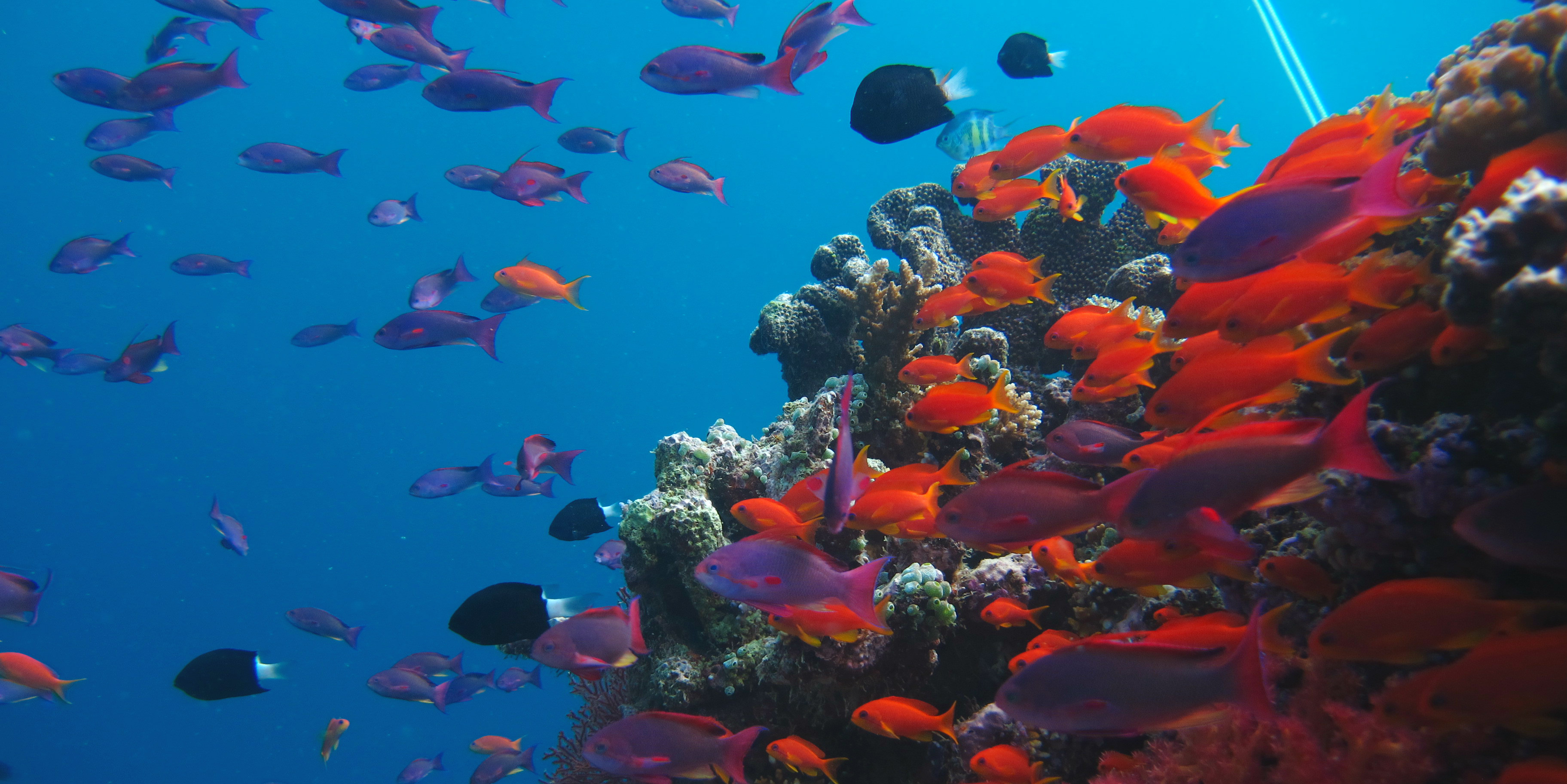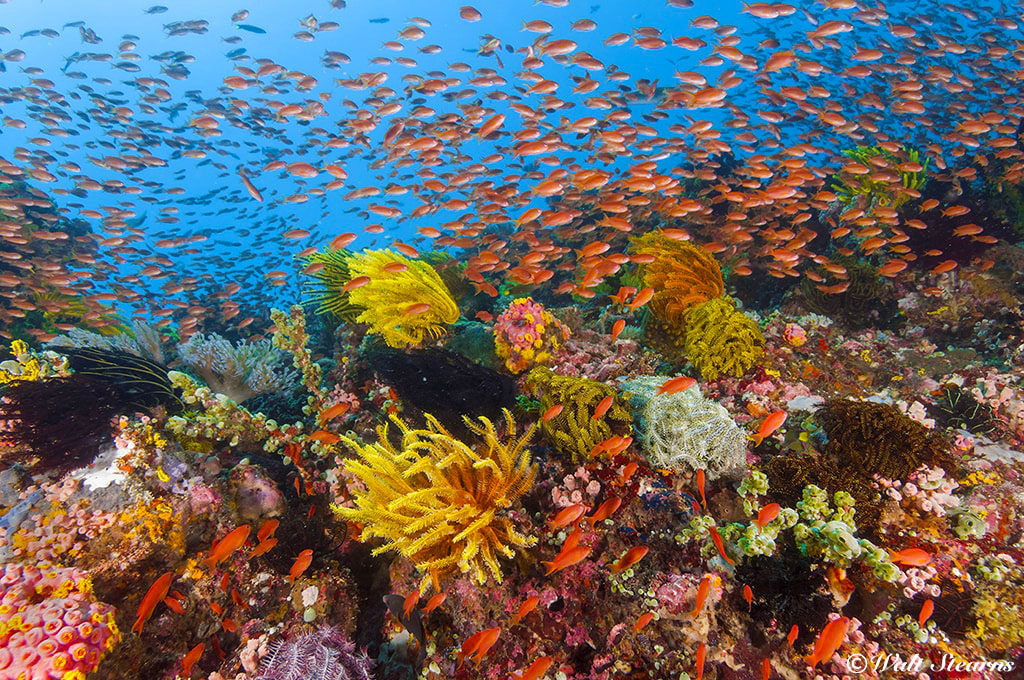
‘Time Has Run Out’: US Blamed as UN Fails to Reach Agreement to Protect Marine Life
Cristen Hemingway Jaynes / EcoWatch
(August 30, 2022) — The fifth round of United Nations talks that began in New York on August 15 and were aimed at securing a UN Ocean Treaty to protect marine life in the international waters of the High Seas has ended in another stalemate, reported The Guardian.
The treaty would have established regulations for the protection of biodiversity in two-thirds of the world’s non-territorial waters.
“We’re disappointed that governments at the UN did not bring the High Seas Treaty over the finish line this week. However, it has been uplifting to witness the global momentum for ocean action steadily build throughout these negotiations. Communities across the world are asking for decisive ocean action to protect marine life and safeguard the vital role the ocean plays for the climate, global food security and the overall health of our planet.
“States must now build on the progress made and deliver on their promise for an ambitious Treaty by the end of 2022,” said senior strategic advisor to the High Seas Alliance Sofia Tsenikli, a press release from The Nature Conservancy said.
The failure of countries to come to an agreement leaves the world without a cohesive strategy to stop and reverse marine biodiversity loss. A rich array of marine life is integral to the health of our planet and vital to many people’s livelihoods.
“Regardless of where you live, the high seas is contributing to the oxygen you breathe and is one of the climate regulators of the planet,” said coordinator of the High Seas Alliance Peggy Kalas, as Bloomberg reported. “The ocean absorbs our carbon emissions and is really making our existence possible on Earth while providing food for billions of people.”
The inability of 100 world leaders from the High Ambition Coalition for Nature and People, the Global Ocean Allianceand Leaders’ Pledge for Nature to agree on how to reverse biodiversity loss at sea and on land illustrates the gap between promises made by world leaders and the action needed to make these changes, The Nature Conservancy press release said.

“In a process which was started at the Rio+20 UN Conference in 2012, States have tried to negotiate a Treaty for the conservation and sustainable use of Biodiversity Beyond National Jurisdiction (BBNJ) — the ocean beyond Exclusive Economic Zones, which makes up 70% of the ocean.
The work needed to reach the final Treaty could be completed relatively quickly if States are willing to cooperate, keeping the 2022 deadline alive. This is essential if the world is to achieve the goal of protecting 30% of the ocean by 2030 — something which cannot be achieved without the Treaty,” Tsenikli said in the press release.
Scientists have said the goal of 30 percent protection of the world’s oceans by 2030 is necessary to protect wildlife and help lessen the effects of climate change, Greenpeace has said.
“We got very close on the conservation elements of the treaty. I am confident we can get a strong treaty over the finish line if countries come together and resolve the remaining issues in 2022,” said Lisa Speer of the Natural Resources Defense Council in the press release.
Solidifying these agreements would provide the “whole-ocean” strategy the world needs to tackle the biodiversity crisis.
Environmental advocates put the blame on the U.S. and other wealthy countries for failing to compromise quickly enough after years of intermittent talks.

A view of the underwater world of the Philippines
“While progress has been made, particularly on ocean sanctuaries, members of the High Ambition Coalition and countries like the USA have moved too slowly to find compromises, despite their commitments,” said Laura Meller of Greenpeace’s Protect the Oceans campaign, as reported by The Guardian.
Some of the main issues hindering the treaty’s progress are environmental impact assessments and coming to an agreement on a procedure for the creation of protected areas.
According to Meller, some of the groups participating in the negotiations were closer to solidifying the agreement than others, like the Caribbean group and the Pacific islands, while the world’s northern countries had only just begun progressing toward compromise in the latter part of the talks.
“Time has run out,” Meller said, as The Guardian reported. “While countries continue to talk, the oceans and all those who rely on them will suffer.”
Meller said Russia had been unwilling to take part in the talks and had obstructed the process.
“Russia has also been a key blocker in negotiations, refusing to engage in the treaty process itself, or attempting to compromise with the European Union and many other states on a wide range of issues,” said Meller, as reported by The Washington Post.
Talks will resume automatically in 2023 unless the UN General Assembly schedules a special emergency session before the end of this year.

Seal ensnared in remnants of fishing net.
“Clearly significant progress towards the treaty was made during this fifth session, but I am disappointed that despite growing evidence of [devastating] impacts to marine life and calls for much higher ambition we did not reach a treaty. Time is not on our side and we must accelerate our efforts to protect the largest ecosystem on our planet,” said President of the Marine Conservation Institute Lance Morgan in the press release.
Leaders will have another chance to protect the world’s oceans and address the biodiversity and climate crises at the UN Biodiversity Conference (COP 15), to be held in Montreal in December of this year.
Posted in accordance with Title 17, Section 107, US Code, for noncommercial, educational purposes.